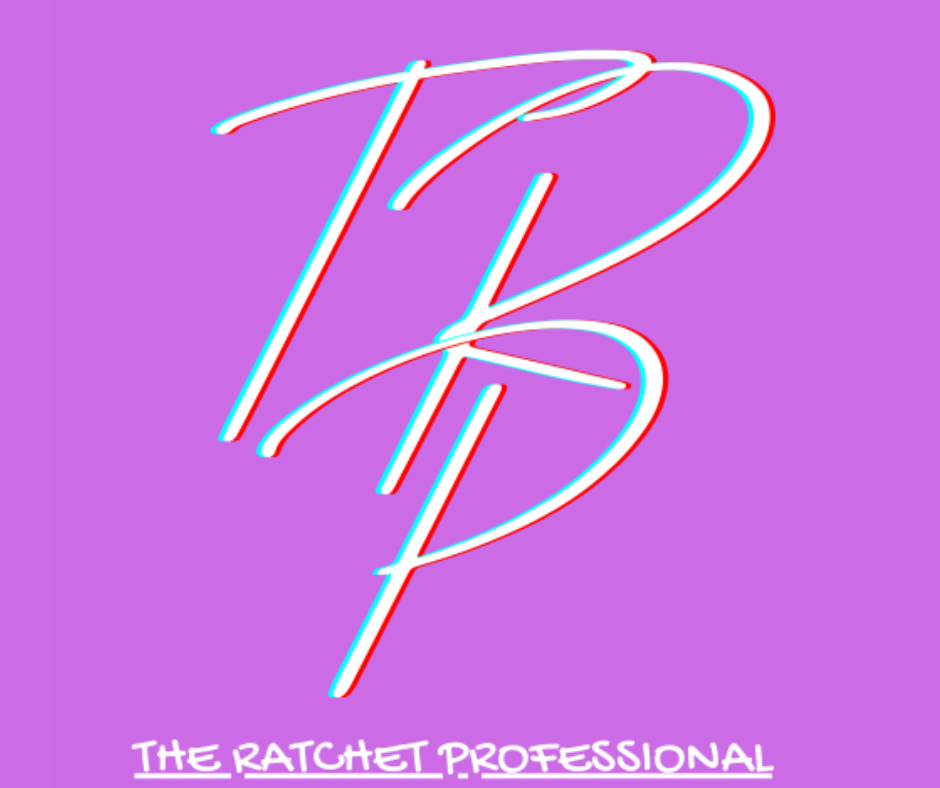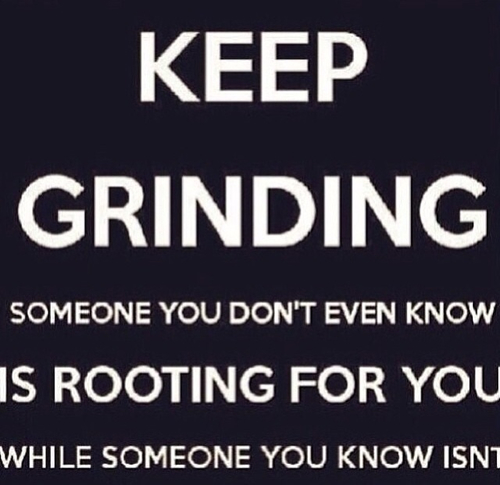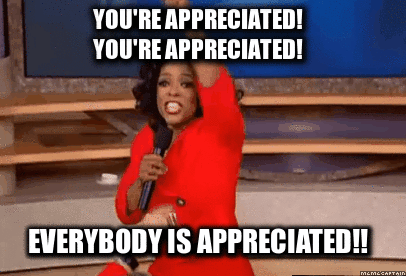Many of us have had a career path that's strayed from the traditional journey of:
summer job in your teens → internship in college → first job out of college (most likely in your field of study) → 5-10 yrs of professional advancement → new job/new company → 5-10 yrs of professional advancement → continuing until retirement.
For most of us outside of privilege and "luck", our career path started as translators at 10, caretakers/child care providers at 13, family chefs at 16, family bookkeepers at 18, family CEOs at 22. Ten yrs of experience before being able to legally drink!
Maybe you've been a stay art home mom/dad for a decade and decided that now's the time, since the kids are older or you can use the additional income. You've brokered peace & cleared environmental catastrophes, all while selling wellness products on Instagram. "You're every woman/man."
Or perhaps you've volunteered at local events, with local businesses and non profits, you started or participate a program or group that provides a service to those in your community. What you do is bigger than just you! You do it for the impact not the dollar.
How do you translate those skills, those experiences into a competitive resume to present in front of employers?
Here are 7 ways to Translate those "Particular" skills into bankable skills.
- Rather than emphasizing work experience, emphasize the skills, both hard & soft, that you've gained along your nontraditional career path. Here are a few resume sample templates:
- Stay At Home Mom/Dad
- High School Student/Grad w/no experience
- High School Student/Grad w/Volunteer experience
- College Student/Grad
- Charity, community, and non profit work not only shows you:
- Are a team player,
- have legitimate fundraising skills (which includes the power of persuasion and negotiation!!!), and
- you have the ability to see the bigger picture.
- Employers want to know that you have the best interest of the company in mind, and working on the behalf of others is one way of giving them that glimpse. Let them know what motivates you.
- Do you plan a lot of events for your friends, family, community, church, school, etc? Well, you can easily translate those skills into:
- event planning,
- people and volunteer management
- effective communication skills.
- Bilingual? Fluently Bilingual? Spent years translating for family & friends, colleagues, random strangers at a restaurant?
- Those beautiful language and communication skills of yours are invaluable to employers - broadening their reach and yours as well.
- Again, your ability to engage diversely, is a benefit to employers
- Spend a lot of time on social media? A pro with Microsoft office after all those years typing papers in school? Know how to throw together a multi media presentation in less than hour (thanks group projects.!)?
- Technology skills are one of the most important skill-sets employers look for, especially with our growing dependence on technology - whether in retail, non profit or construction, your ease around computers, software, and other technology will greatly benefit you and the employee.
- Emphasize if you are self taught (or if you took any classes as part of your education) and how you plan to continue to hone your craft
- Network and network effectively. You've already gained skills in a nontraditional manner, obtain job prospects the same way. Positions are frequently not posted to the public and in this economy it truly is "WHO you know, not WHAT you know!"
- Maintain and cultivate contacts with those you have worked with, volunteered with or for, or engaged with in the course of your skill building
- Let your contacts know that you are on the job hunt and discuss prospective positions
- Find a mentor, someone within the field that you are interested in or who is at the point in their career in which you aspire.
- Use any obstacles you had to overcome to showcase your adaptability. Those with the ability to engage and interact with diverse groups, are an asset to any employer, regardless of field.
- Identify 3-4 situations you've experienced and learned a valuable lesson that relate to the skills and job requirements of the position you desire (if you're unsure, do a quick google search - i.e administrative assistant job description)
- Identify areas in which you could improve, develop a plan to improve those skills and be forthcoming that you are actively working on improving and building upon those skills.
The job search can be tedious and disappointing but the end result is definitely worth it. Do you have any tips that worked for you? Need some advice about applying for that position?






0 Comments